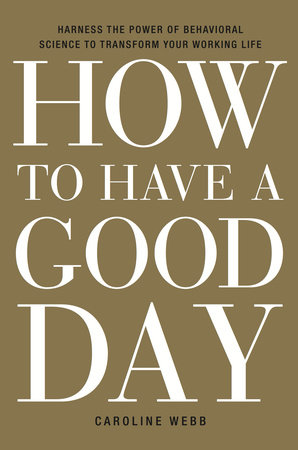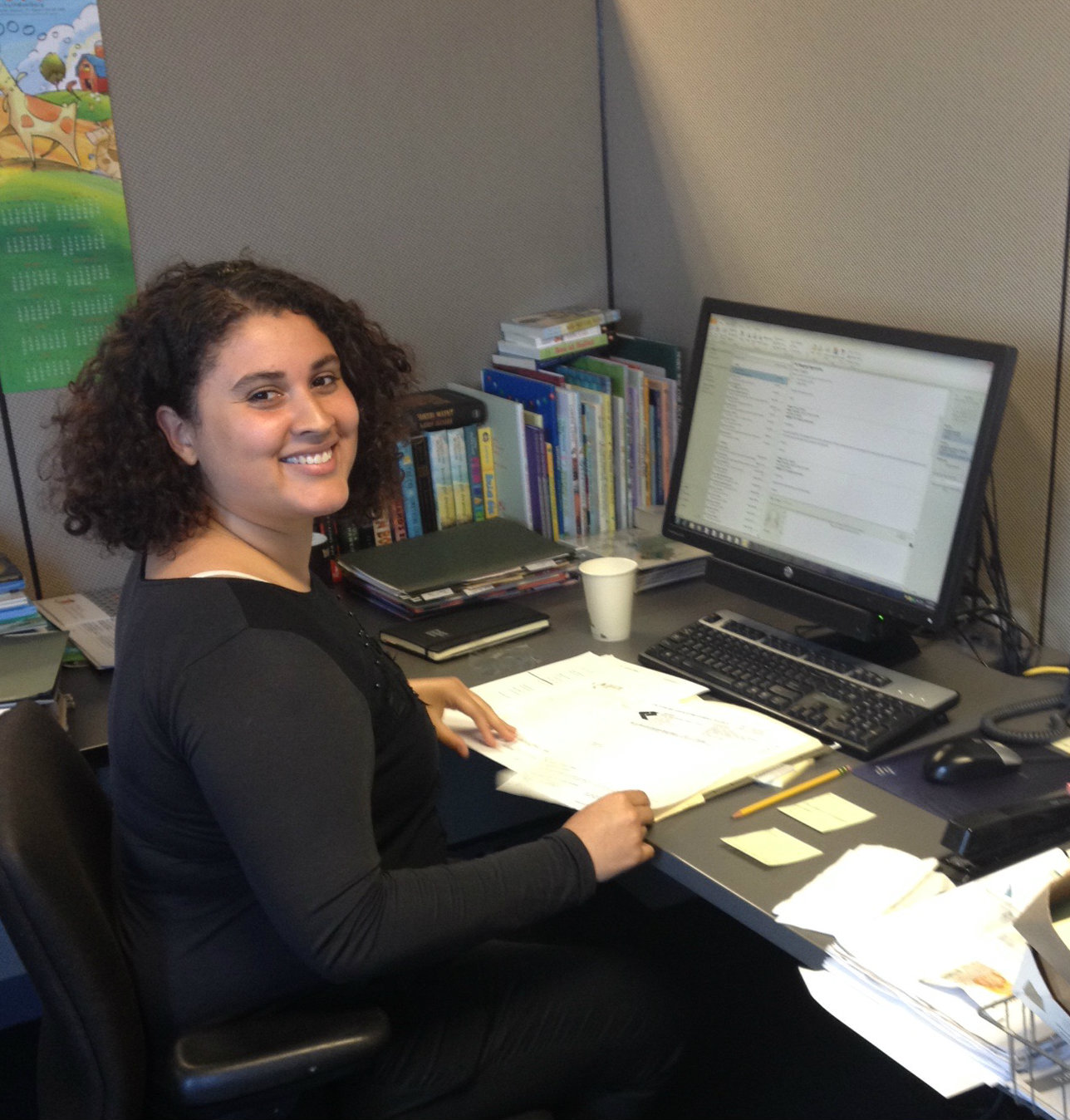
Tag Archives: work


Penguin Random House Internships – The Inside Scoop, Part 1
 As a publicity intern, I am involved in reaching out to media outlets and generating interest in our books. This generally consists of brainstorming and researching outlets to which we can pitch our books; writing a press release that gives a brief summary of the book and explains why it is interesting, useful, or important; and mailing out a copy of the book along with a press release to each outlet, hoping that they will find it interesting enough to review. This can be especially fun at DK, where we publish such a wide array of titles. In one day, I can put together a press release and mailing for a book on cheese, another for a book about the Pope, and a third for a children’s sticker book.
While I spend most of my time on the steps of this process, there are new tasks that pop up every day, whether they be helping to schedule an author tour or assisting with our holiday gift guide. Publicity is a new field for me, but I’ve learned so much in the past five weeks, and I’m glad to say that I’m really enjoying every day. I’m so grateful to have this opportunity with DK, and I’m eager to learn more as I continue working this summer.
As a publicity intern, I am involved in reaching out to media outlets and generating interest in our books. This generally consists of brainstorming and researching outlets to which we can pitch our books; writing a press release that gives a brief summary of the book and explains why it is interesting, useful, or important; and mailing out a copy of the book along with a press release to each outlet, hoping that they will find it interesting enough to review. This can be especially fun at DK, where we publish such a wide array of titles. In one day, I can put together a press release and mailing for a book on cheese, another for a book about the Pope, and a third for a children’s sticker book.
While I spend most of my time on the steps of this process, there are new tasks that pop up every day, whether they be helping to schedule an author tour or assisting with our holiday gift guide. Publicity is a new field for me, but I’ve learned so much in the past five weeks, and I’m glad to say that I’m really enjoying every day. I’m so grateful to have this opportunity with DK, and I’m eager to learn more as I continue working this summer.
Young Readers Production Intern: Denise Conejo
As an intern, working in production is like taking in the view from the top of the empire state building watching and observing the busy, bustling crowds below. I get a breadth of the publishing arc, I get to see it all happen and know the logistics of how it happens. While some may not appreciate the more business and formulaic side of publishing that production may well be it happens to fulfill my compulsive side to be neat and organized. A lot of my day to day tasks include working with excel sheets, excel sheets and some more excel sheets. They’re like the veins that keep production pumping. I help maintain sheets for estimates, royalties, trim size/page count, as well as updating statuses on SAP and Filemaker Pro for titles being reprinted. And then there’s digital, one of my favorite parts of production. This really surprised me because I’ve always hated reading books from a tablet. Regardless, I found that I enjoyed the immediacy of seeing the end product. It takes about a month to see a turnaround for an e-book, while it takes 6-9 months for a printed title! My tasks with digital production include writing memos to Aptara (the company who puts together the e-books) giving specific and detailed instructions on what we want the final product to look like. Once the files are made and returned to me, I check it to make sure it is exactly what we wanted. Afterwards, I circulate it to various departments where they give the “OK” or tell us what needs to be worked on. Easy!
I’ve learned so much about the process of publishing already, so for the next and last 5 weeks of my internship I can only imagine how much more I will gain from the people who make this department work so smoothly.
And then there’s digital, one of my favorite parts of production. This really surprised me because I’ve always hated reading books from a tablet. Regardless, I found that I enjoyed the immediacy of seeing the end product. It takes about a month to see a turnaround for an e-book, while it takes 6-9 months for a printed title! My tasks with digital production include writing memos to Aptara (the company who puts together the e-books) giving specific and detailed instructions on what we want the final product to look like. Once the files are made and returned to me, I check it to make sure it is exactly what we wanted. Afterwards, I circulate it to various departments where they give the “OK” or tell us what needs to be worked on. Easy!
I’ve learned so much about the process of publishing already, so for the next and last 5 weeks of my internship I can only imagine how much more I will gain from the people who make this department work so smoothly.
Thanks to all our interns for all your hard work! You’ll be missed!









